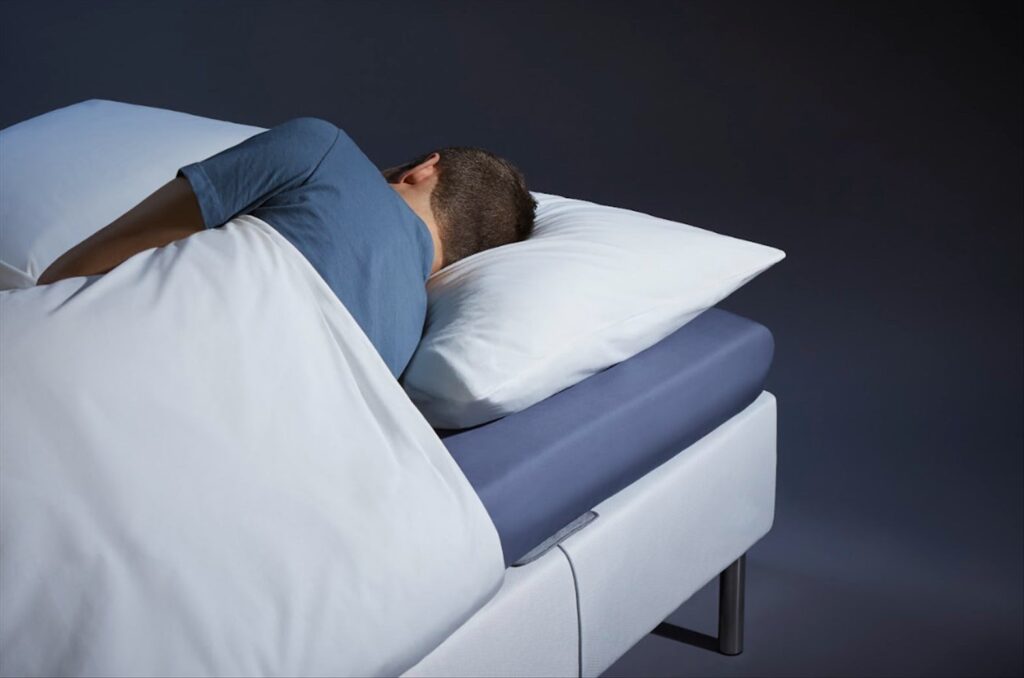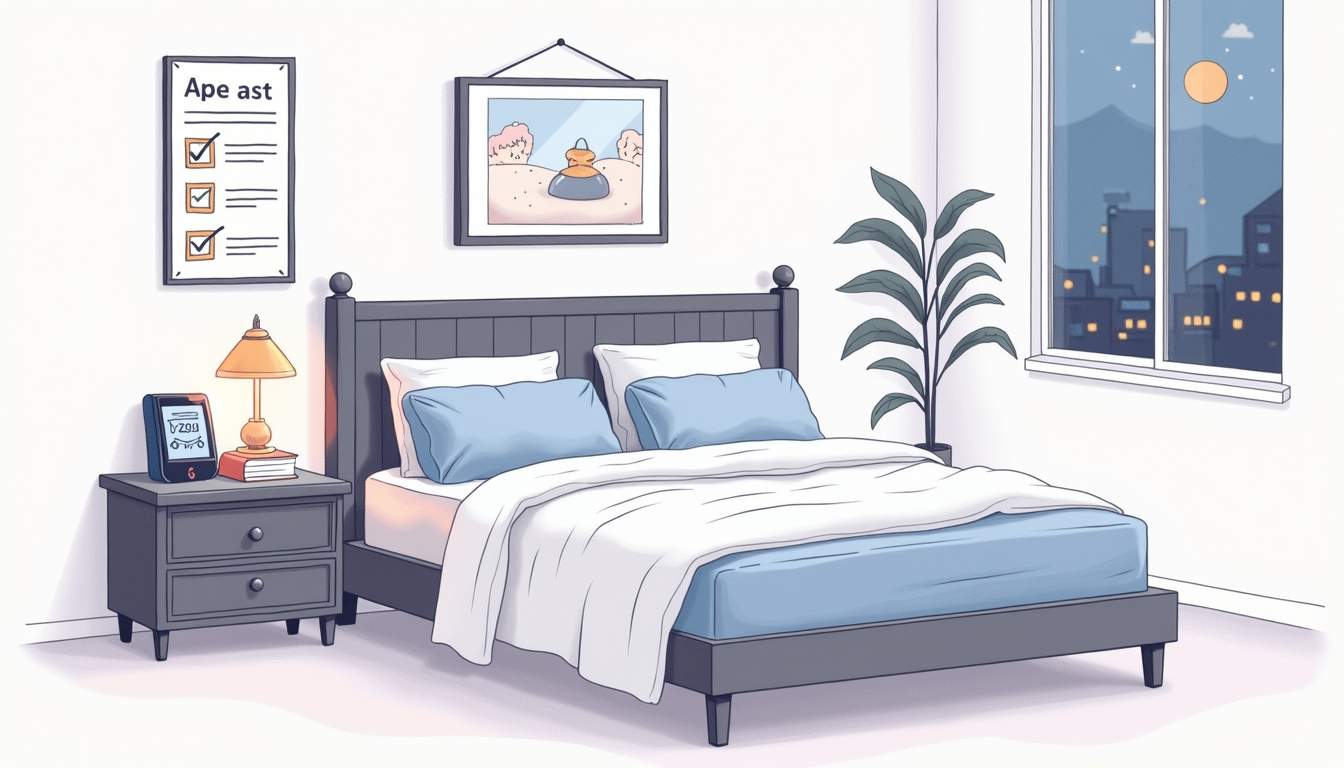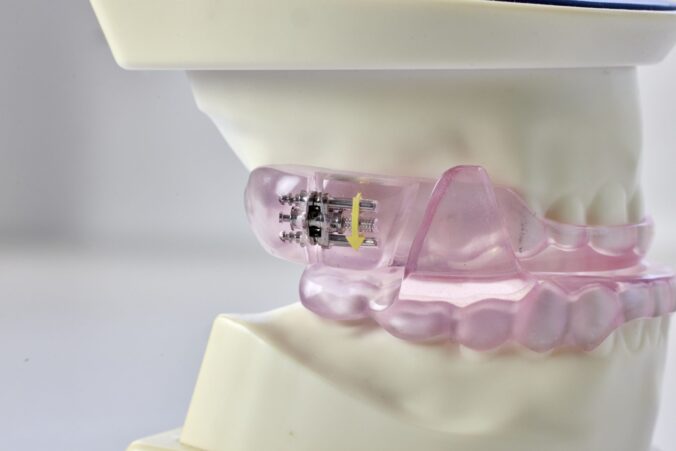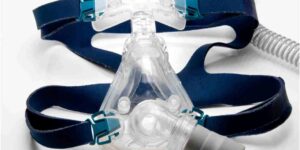Sleep apnea is a common sleep disorder that affects many people globally, and Melbourne is no exception. Understanding the ins and outs of sleep apnea testing is crucial for anyone who suspects they might have this condition. This guide provides a comprehensive overview of sleep apnea, the testing process, and affordable options available in Melbourne.
Understanding Sleep Apnea
Sleep apnea is characterized by repeated interruptions in breathing during sleep. These episodes can last from a few seconds to minutes and may occur several times an hour, leading to fragmented sleep and a range of health consequences. The condition not only disrupts the sleep cycle but also affects the overall quality of life, leaving individuals feeling fatigued and irritable during the day.
In conclusion, addressing sleep apnea test Melbourne and subsequent care is vital for maintaining both physical and mental well-being. Melbourne offers accessible and affordable testing options informative about managing this condition effectively.

What is Sleep Apnea?
There are three main types of sleep apnea: obstructive, central, and complex. Obstructive sleep apnea, the most common form, occurs when the throat muscles relax excessively, blocking the airway. Central sleep apnea results from a failure of the brain to signal the muscles to breathe. Complex sleep apnea syndrome is a combination of both. Understanding these distinctions is crucial for effective diagnosis and treatment, as the management strategies may vary significantly depending on the type of sleep apnea a person is experiencing.
Symptoms and Risks of Sleep Apnea
Common symptoms include loud snoring, gasping for air during sleep, excessive daytime sleepiness, and difficulty concentrating. If left untreated, sleep apnea can lead to serious health problems, including cardiovascular issues, high blood pressure, diabetes, and stroke. Additionally, individuals with sleep apnea may experience mood swings, irritability, and even depression due to the chronic fatigue and disrupted sleep patterns. The impact of sleep apnea extends beyond the individual; it can strain relationships and affect work performance, as partners may be disturbed by the loud snoring or gasping, leading to a cycle of sleepless nights for both parties.
The Importance of Sleep Apnea Testing
Undergoing a sleep apnea test is essential for accurate diagnosis and effective treatment. Many people with sleep apnea remain undiagnosed, which can have severe implications for their overall health and quality of life. Sleep apnea is not just a nuisance; it can lead to serious health complications, including cardiovascular issues, diabetes, and even stroke. Understanding the risks associated with untreated sleep apnea underscores the importance of seeking testing and diagnosis.
How Does a Sleep Apnea Test Work?
A sleep apnea test monitors your breathing patterns, oxygen levels, heart rate, and other physiological parameters during sleep. Tests can be conducted in sleep laboratories or in the comfort of your own home, depending on the severity of your symptoms and physician recommendations. In a sleep lab, professionals will use advanced equipment to track your sleep stages and detect any interruptions in your breathing. Home testing, on the other hand, typically involves simpler devices that you can wear overnight, allowing for a more relaxed testing environment while still providing valuable data for your healthcare provider. Read more about oxygen on https://www.utoledo.edu/nsm/ic/elements/oxygen.html
Benefits of Early Detection and Treatment
Early detection of sleep apnea can significantly improve health outcomes. Treatment options, such as continuous positive airway pressure (CPAP) therapy, lifestyle changes, or dental devices, can mitigate the risks associated with the disorder. Furthermore, recognizing sleep apnea can enhance sleep quality, leading to improved daytime energy and focus. Beyond the immediate health benefits, effective treatment can also positively impact relationships, as partners often experience disrupted sleep due to snoring or breathing pauses. Addressing sleep apnea can foster a more harmonious sleep environment, contributing to better overall well-being for both individuals and their loved ones.
Affordable Sleep Apnea Tests in Melbourne
In Melbourne, a variety of affordable testing options are available for individuals seeking to confirm or rule out sleep apnea. It is crucial to understand the types of tests offered and their associated costs to ensure that you can access the help you need without breaking the bank.
Types of Affordable Sleep Apnea Tests
There are generally two types of sleep apnea tests available:
- Polysomnography: Conducted in a sleep lab, this comprehensive overnight study monitors various body functions while you sleep.
- Home Sleep Apnea Testing: More convenient and often more affordable, this test involves using a portable device at home to assess your breathing during sleep.
Where to Get Tested in Melbourne
Melbourne boasts several clinics and hospitals offering sleep studies. Some of the well-known facilities include:
- Melbourne Sleep Disorders Centre
- Australian Sleep Institute
- Melbourne City Health
Researching each facility’s pricing, insurance coverage, and patient reviews can help you choose the best option for your needs. Additionally, many clinics offer free consultations to discuss symptoms and testing options, which can be a great way to gather information without any financial commitment.
It’s also worth noting that some facilities may provide specialized packages that include follow-up consultations and treatment plans, which can enhance the overall value of the testing process. By taking advantage of these comprehensive services, patients can gain a clearer understanding of their condition and the necessary steps to manage it effectively. Furthermore, many clinics in Melbourne are equipped with the latest technology and staffed by experienced professionals, ensuring that you receive high-quality care throughout your testing journey. Click here to find more about technology.
Preparing for Your Sleep Apnea Test
Preparation plays a vital role in ensuring the accuracy of your sleep apnea test results. Knowing what to expect can help ease any anxiety you may have surrounding the testing process.

What to Expect During the Test
If you are undergoing a polysomnography test, you will be asked to arrive at the sleep lab in the evening. The staff will attach sensors to your body to monitor your breathing, heart rate, and brain waves. The environment will be designed to mimic a restful sleep setting, allowing you to feel as comfortable as possible. The room will typically be dimly lit, and you may have control over the temperature, which can help create a more conducive atmosphere for sleep. Additionally, you might be given a chance to familiarize yourself with the equipment, which can further alleviate any apprehension you might feel about the process.
Tips for a Successful Test
To prepare for your test, consider the following tips:
- Avoid caffeine and alcohol before the test, as these can affect sleep quality.
- Stick to your usual sleep schedule as closely as possible.
- Wear loose clothing and bring any necessary items (like medications or sleep aids).
By preparing adequately, you can enhance the likelihood of obtaining reliable results. It’s also beneficial to communicate openly with your sleep technician about any concerns or specific sleep habits you have. They can provide personalized advice and adjustments to ensure you feel at ease throughout the night. Furthermore, consider practicing relaxation techniques, such as deep breathing or meditation, prior to your arrival. These methods can help calm your mind and body, making it easier to transition into sleep once the testing begins. Remember, the more relaxed you are, the more accurate the results will be, allowing for a better understanding of your sleep patterns and any potential issues.
Interpreting Your Sleep Apnea Test Results
Understanding your sleep study results is critical for moving forward with treatment. Your healthcare provider will analyze the data collected during your test and discuss the implications with you. The results can provide insights not only into the frequency and duration of apnea events but also into how these interruptions affect your overall sleep architecture, including REM and deep sleep stages.
Understanding Your Test Results
Results will typically indicate the severity of any sleep apnea present. Mild cases may require lifestyle changes, while more severe cases could necessitate the use of CPAP devices or other interventions to manage symptoms effectively. It is also important to note that the results may reveal other sleep disorders, such as insomnia or restless leg syndrome, which can complicate the clinical picture and require additional management strategies.
Next Steps After Diagnosis
If you receive a diagnosis of sleep apnea, your doctor will work with you to create a treatment plan tailored to your specific needs. This may involve further evaluations, lifestyle changes such as weight management, or the use of assistive devices to ensure better sleep quality. Additionally, your healthcare provider might recommend regular follow-up appointments to monitor your progress and adjust treatment as necessary. Engaging in a support group or counseling may also be beneficial, as these resources can provide emotional support and practical tips from others who are navigating similar challenges.
Moreover, it’s crucial to educate yourself about the condition. Understanding the mechanisms of sleep apnea, such as how airway obstruction occurs during sleep, can empower you to make informed decisions about your treatment options. Many patients find that keeping a sleep diary, tracking their symptoms, and noting any changes in their sleep patterns can be invaluable in discussions with their healthcare provider. This proactive approach not only enhances your understanding but also fosters a collaborative relationship with your medical team, ultimately leading to more effective management of your condition.




